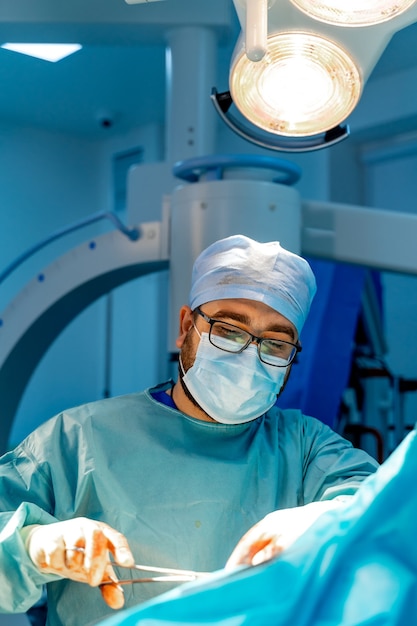Pathway To Canada For Pakistani Surgeon
a Pakistani Surgeon can be eligible to apply for a license in Canada Provisional registration is also available in certain provinces, often as part of “Practice Ready Assessment” (PRA) programs or for those undertaking further training.
Eligibility for a Medical License in Canada for Surgeon:
The overall process is overseen by the Medical Council of Canada (MCC) and the provincial/territorial Medical Regulatory Authorities (MRAs).
Medical Degree Recognition:
Your medical degree must be from a medical school listed in the World Directory of Medical Schools (WDMS), with a “Canada Sponsor Note” indicating it’s an acceptable medical school in Canada. You can verify this on the WDMS website.
Account:
Create an account on Portal which is the central portal for IMGs applying for licensure in Canada. This account will be used for credential verification, exam applications, and applications to provincial MRAs.
Credential Verification:
You must have your medical degree and other relevant credentials (e.g., postgraduate training) source-verified by the MCC. This ensures the authenticity of your documents.
Language Proficiency:
Demonstrate proficiency in English or French by passing an approved language test.
Medical Council of Canada Qualifying Examination (MCCQE) Part I:
You generally need to pass the MCCQE Part I. This is a computer-based exam that assesses your medical knowledge.
National Assessment Collaboration (NAC) Examination (for Residency):
If you plan to apply for a residency position in Canada (which is often a pathway for IMGs to gain the required Canadian postgraduate training), you will need to pass the NAC Examination. This assesses your readiness to enter supervised training in Canada.
Postgraduate Training:
You need to have successfully completed at least 12 months of acceptable clinical medical postgraduate training. For surgeons, this typically means residency training.
If your postgraduate training was completed outside Canada, you may need to undergo further assessment or complete a Canadian residency program.
Licentiate of the Medical Council of Canada (LMCC):
The LMCC is a key component of the “Canadian Standard” for licensure. To obtain it, you generally need to:
Have an acceptable medical degree from an acceptable medical school.
Pass the MCCQE Part I.
Satisfactorily complete a discipline-appropriate postgraduate training program (often a Canadian residency, or recognized equivalent).
Achieve certification from the Royal College of Physicians and Surgeons of Canada (RCPSC) for surgical specialties or the College of Family Physicians of Canada (CFPC) for family medicine.
Provisional Registration (Step-by-Step Guide)
Provisional registration typically allows an IMG to practice under supervision while they complete further assessments or training required for full licensure. It is often a part of Practice Ready Assessment (PRA) programs or specific training pathways.
Here’s a general guide for provisional registration, often through PRA programs:
Identify a Province with a PRA Program for your Specialty:
Not all provinces offer PRA programs for all specialties, and some may prioritize certain areas (e.g., rural family medicine). Research the provincial MRAs (e.g., College of Physicians and Surgeons of Alberta (CPSA), College of Physicians and Surgeons of British Columbia (CPSBC), etc.) and their specific IMG programs.
Clinical Assessment/Supervised Practice (The Provisional Period):
If you pass the initial assessments, you will typically enter a period of supervised clinical practice (the”provisional” period). This is where your skills are assessed in a Canadian healthcare setting.This period can range from a few months to a year or more.You will be working under the supervision of a fully licensed Canadian physician in your specialty.
Exams/Evaluations During Provisional Period: Some PRA programs may require you to pass specific exams or evaluations during or after your provisional period, such as a final clinical assessment or the Royal College of Physicians and Surgeons of Canada (RCPSC) specialty examination for surgeons.
Full Licensure:
Upon successful completion of the provisional period, satisfactory evaluations, and any required examinations, you can then apply for full, independent licensure with the provincial MRA.
Overall Surgeon Salaries in Canada
- Average Annual Gross Income: The average gross annual income for surgeons across all specialties in Canada is around CA$589,042 (based on 2022-2023 data).
- Range: While entry-level surgeons might start around CA$250,000, experienced surgeons with decades of practice can earn well over CA$600,000 annually. Some sources indicate a range of CA350,000 to CA500,000 annually for surgeons in general.
CONTACT
MAHMOOD SALEEM
Advocate High Court
Immigration Consultant
Call 0321-4314001
WhatsApp 0333-5769655
